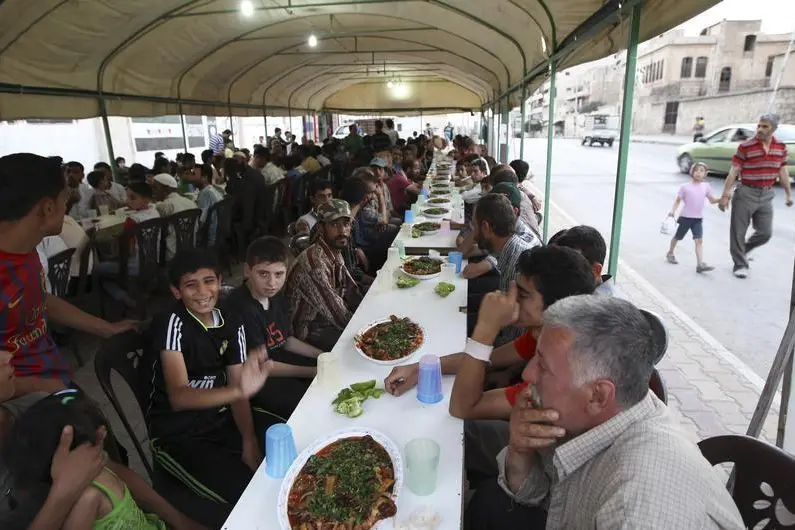PHOTO
DUBAI — GCC family businesses could maximize the outcomes of their philanthropic efforts by adopting a more impactful approach, according to a recent study by the Ideation Center, the leading think tank for management consultancy Strategy& in the Middle East (formerly Booz & Company).
Representing around 90% of the private sector economy, GCC family businesses historically have maintained a tradition of carrying out philanthropy activities across the region. They are significant players in the region’s third sector, alongside non-governmental (NGOs), nonprofit organizations (NPOs), cooperatives, social enterprises, and charities. At a minimum, their philanthropic contributions include the religious obligation to give money to charity (Zakat), while most wealthy families in the GCC make additional contributions (Sadaqa).
Commenting on the state of philanthropy among GCC family businesses, Fadi Adra, partner with Strategy& and a member of the public sector practice, said: “We estimate the annual philanthropic capital of 100 of the largest family businesses by net worth at a bare minimum of around $7billion. This considerable amount has the potential to diversify the economy and contribute to GDP, create jobs, and address critical issues in key areas such as healthcare and education if GCC family businesses tailor their approach to maximize the impact of their philanthropic efforts.”
Overall, philanthropic activity in the GCC is marked by four key characteristics:
• There area limited number of philanthropic foundations due to restrictive regulations.
• GCC family businesses’ philanthropic activities also consist mainly of ad hoc donations and
• Rely on grant-making rather than exploring more innovative financial mechanisms adopted globally.
• Most GCC family businesses don’t evaluate the impact of their efforts.
“Beyond allowing them to “do good” in their community, philanthropy could also enable GCC family businesses to “do well” provided they follow global family businesses in their adoption of impact philanthropy by formalizing their philanthropic engagement and introducing innovative financial tools as well as non-financial support that deliver higher returns. This will in turn enable them to closely monitor and measure the impact of their efforts, ensuring transparency and accountability,” said Ramy Sfeir, partner with Strategy& and the leader of family business, investments, and real estate practice
According to Strategy&, impact philanthropy requires three key changes to the current framework:
• GCC family businesses should institutionalize their philanthropic efforts by setting a clearly defined strategy, a structured operating model and a reliable source of funding
• They should move away from traditional grant-making by adopting social investing (funding social initiatives with a larger emphasis on measuring results, holding grantees accountable for achieving agreed-upon outcomes) and philanthropy in the core business (through developing products and services that will contribute to CSR or giving their employees incentives to volunteer their business skills for a social purpose).
• Family businesses in the GCC should implement a comprehensive evaluation framework for their philanthropic initiatives.
Strategy& identified only 22 family businesses with a philanthropic foundation in its sample of 100 top GCC family firms. In fact, some family businesses have even established their foundations overseas, such as Al Dabbag Group and MBI.
“As GCC family businesses start their transition to impact philanthropy, governments can play a role in improving the third sector’s ecosystem to overcome challenges and unlock the full potential of family business philanthropy by establishing a government entity in charge of the third sector, streamlining the regulations for setting up and operating a foundation, growing the talent pool and raising awareness and providing data on the third sector,” said Maria Abou Sakr, Manager with Strategy&.
© The Saudi Gazette 2017





















